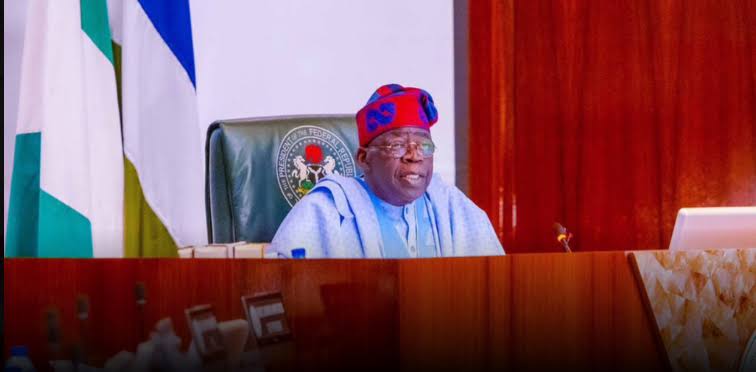Concern and optimism have been expressed over Nigeria’s cryptocurrency sector. Industry participants have expressed that throughout the past year, the policies and actions of President Bola Tinubu’s administration have left the sector unclear. President Tinubu of Nigeria promised to legalize cryptocurrencies and blockchain technology for the nation’s banking and financial industry in his campaign manifesto. Because this judgment has the potential to bolster Nigeria’s already precarious economy, it was accepted.But Nigeria’s youth population is now even more confused by the government’s recent moves against the nation’s cryptocurrency sector. Analyst at Quantum Economics Olumide Adesina stated in a statement that in order to realize the potential of the industry, clarity and assistance are required. Adesina stressed that the business has been briefly negatively portrayed by recent events, such as the crackdown on peer-to-peer (P2P) trading, the arrest of a Binance executive, and claims of currency manipulation by state officials. This is in spite of the nation’s youthful and vibrant populace expressing a great deal of curiosity.
Like previous presidents did with the banking sector, President Tinubu has a unique opportunity to shape Nigeria’s burgeoning crypto sector, according to Nathaniel Luz, CEO of Flincap, a liquidity platform for cryptocurrency exchanges. Luz claimed that the cryptocurrency market is developing and that President Tinubu would determine the next course of action. Luz insisted that further action is anticipated and that the administration has not done enough.The Nigerian Securities Exchange Commission (SEC) released rules pertaining to digital assets in May 2023, indicating that the authorities were attempting to find a compromise between outright prohibition and lax control. The Nigerian Central Bank announced in December that worldwide trends indicated the necessity of regulating the activities of VASPs, which include cryptocurrencies and assets, and that the SEC has lifted its prohibition on banks managing accounts for crypto service providers.
The Central Bank published preliminary guidelines in January for banks opening cryptocurrency accounts, but the institutions are still not allowed to trade or keep virtual assets in their own portfolios. Strict Know Your Customer (KYC), anti-money laundering (AML), and other regulations are included in the instructions. Additionally, banks are required to impose “prudent” transaction limitations and forbid cash withdrawals from cryptocurrency accounts. The Nigerian government started drafting new legislation in May 2024 that forbade P2P cryptocurrency exchanges that used the country’s currency, the naira.


